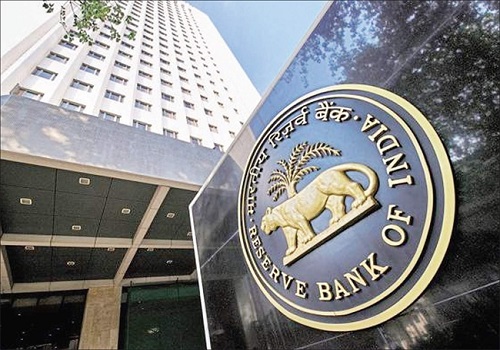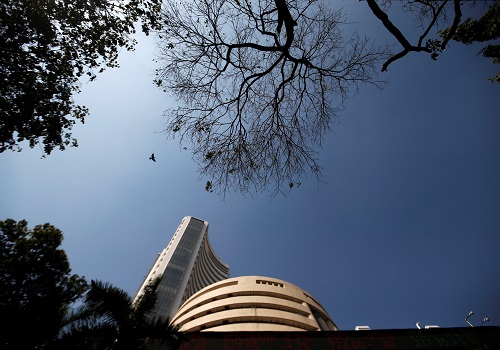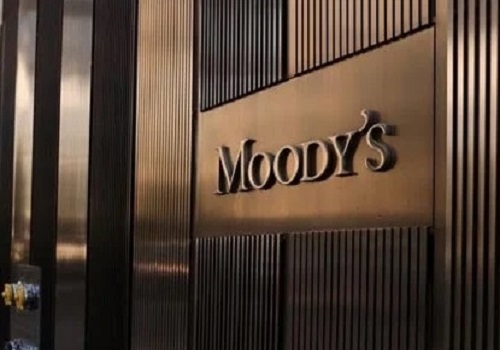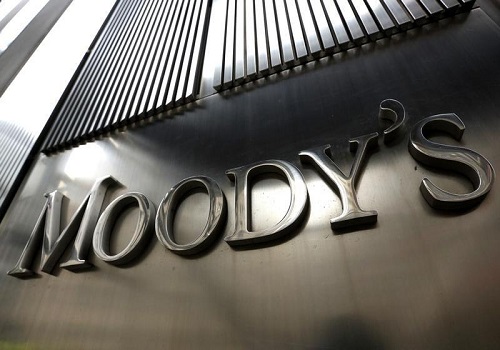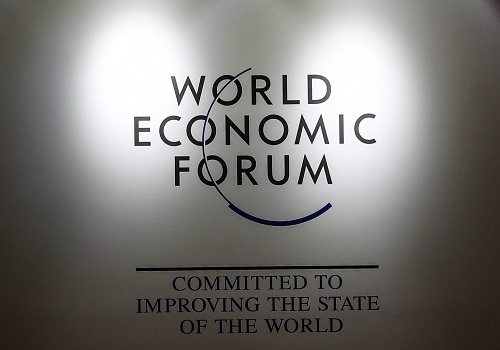Holding up half the sky: Developed economies head to recession, but emerging economies remain resilient - ICICI Securities
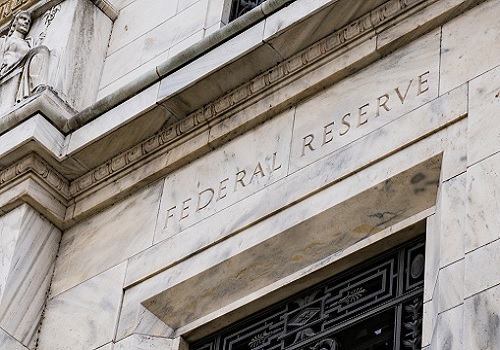
Follow us Now on Telegram ! Get daily 10 - 12 important updates on Business, Finance and Investment. Join our Telegram Channel
* With US Federal Reserve chair Jerome Powell emphasising that it is premature to even consider a pause in US monetary tightening, the stage is set for the US Fed Funds rate to rise to 5% by Mar’23, in line with our forecast since Jul’22, and stay at those levels until Sep’23. US core PCE inflation was a lofty 5.1% YoY in Sep’22 but has likely peaked, and will steadily moderate, given the high base from Oct’21 (+4.2%) and Nov’21 (4.7% YoY). The Case-Shiller Housing Price Index moderated to 13.8% YoY inflation in Aug’22 (from 20.8% YoY in Mar’22). Its lagged impact should percolate into the Shelter component of PCE inflation, helping to moderate the latter too. We expect the real Fed Funds rate to reach +1% in Mar’23, and rise thereafter as inflation moderates. But core PCE inflation is unlikely to ease to the Fed’s 2% YoY target before Sep’23.
* We estimate that the prolonged period of high nominal policy rates will send the US economy into recession by Q3CY23, as also predicted by the inversion of the US 10- year minus 2-year yield curve since 6th Jul’22. The heads of both the ECB and the BoE have stated that prolonged recessions will be needed to tame their inflation problems, with the former needing to raise policy rates sharply further (while the UK likely also deploys fiscal contraction). Nonetheless, the IMF forecasts world real GDP growth of 2.7% in CY23, only slightly slower than its 3.2% estimate for CY22, primarily because of the continued resilience of Emerging Markets.
* Low levels of external debt, and negligible sovereign exposure to foreign currency liabilities, have enabled most Emerging Economies to ride out this period of US$ strength relatively unscathed. That they largely adopted flexible currency regimes further cushioned them: during the better times, they built up large stockpiles of foreign currency reserves, which were used in 2022 to dampen the pace of depreciation of local currencies. Most EM currencies (those of India, Brazil, Indonesia and Vietnam) have out-performed troubled developed-market currencies like EUR, JPY and GBP. Emerging Economies are thus positioned to sustain domestic demand-driven growth, with intra-emerging market trade helping to partly offset the OECD recession.
The FOMC raised its policy rate by 75bp as expected, and chair Powell firmly quashed any talk of an imminent pause in rate hikes. The fourth consecutive rate hike of 75bp (for a cumulative increase of 300bp since Jun’22, and 375bp since Mar’22) took the Fed Funds rate to 3.75-4% (or a central rate of 3.875%) from 0-0.25% before the Mar’22 hike. That the Mar’22 rate hike was just 25bp, followed by a 50bp hike in May’22, only emphasises how far behind the curve the FOMC was at the time, despite core PCE inflation being above 4% YoY since Oct’21. We have stressed since Jan’22 that the extraordinary period of rapid M2 growth between Apr’20 and Feb’22 (during which M2 grew faster every month than its YoY growth pace in any month over the previous 60 years; Chart 1) would keep inflation elevated for a prolonged period, and would need to be countered with aggressive tightening. M2 growth has gradually decelerated to 2.5% YoY growth in Sep’22, but this has not yet compensated for the exceptionally-rapid growth in M2 over the two-year covid period.
The US monetary base declined by US$181bn between May’22 (when ‘quantitative tightening’ began) and end-Sep’22, while the aggregate size of the Fed balance sheet has shrunk by US$216bn. Fed chair Powell firmly tamped down any talk of a pivot away from rate hikes, emphasising that it was premature to even discuss any pause in tightening. Instead, he emphasised monetary policy is still “some ways off” from being restrictive.
To Read Complete Report & Disclaimer Click Here
For More ICICI Securities Disclaimer https://www.icicisecurities.com/AboutUs.aspx?About=7
SEBI Registration Number INZ000183631
Above views are of the author and not of the website kindly read disclaimer



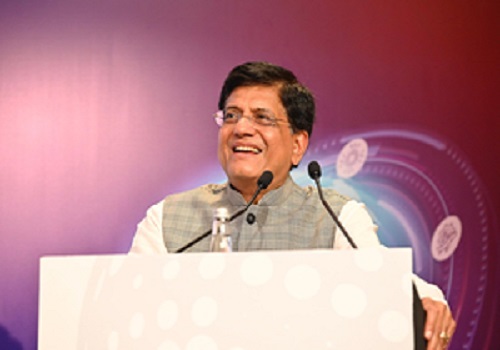

.jpg)




Tag News

Monthly Debt Market Update, September 2023: CareEdge Ratings






